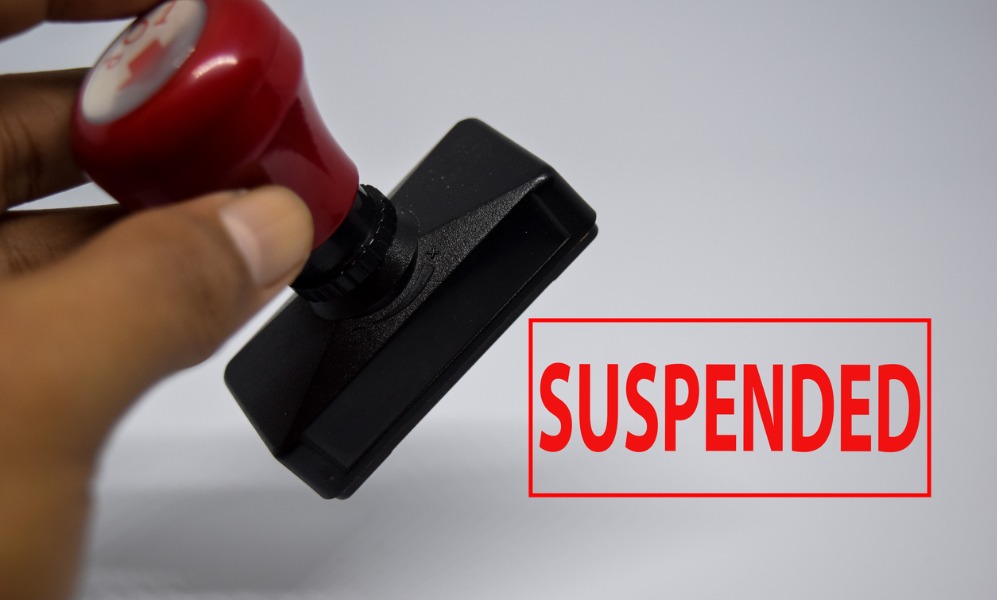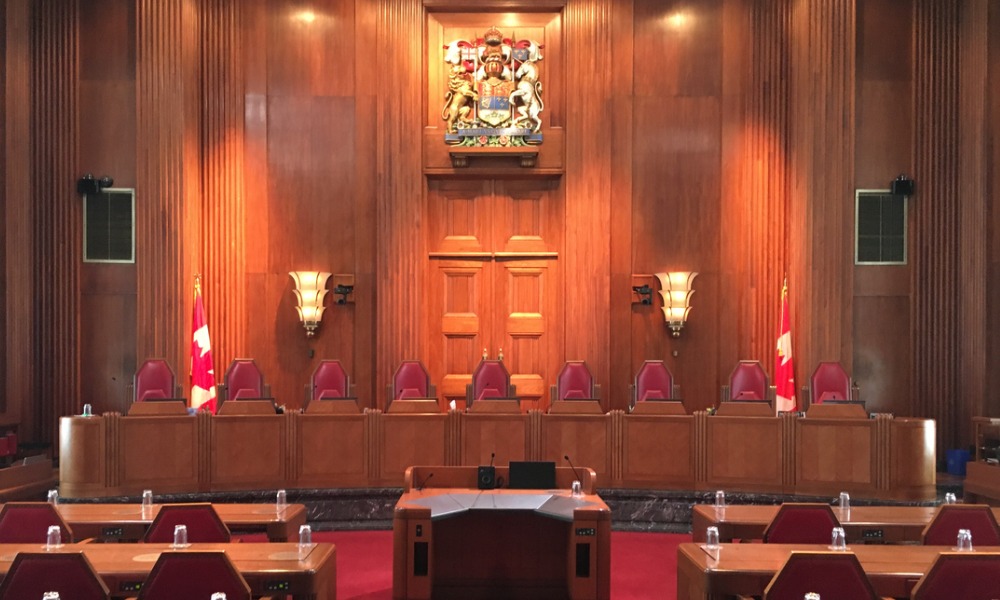Supreme court | Constitutional Law
REMEDIES
Trial judge held this was case of extrajudicial punishment that would shock public
Accused prisoner charged with assault causing bodily harm, assault of peace officer and intimidating justice system participant following altercation with prison guard during which both men suffered injuries. Trial judge acquitted accused of both assault charges and entered stay of proceedings on charge of intimidating justice system participant, finding that accused’s rights under s. 7 of Canadian Charter of Rights and Freedoms violated. Court of Appeal quashed stay and remitted matter to trial court for continuation of accused’s trial. Accused appealed decision quashing stay and remitting charge of intimidating justice system participant to trial. Appeal to Supreme Court of Canada allowed and stay of proceedings restored. Trial judge’s order under s. 24(1) of Charter should be disturbed on appeal only if trial judge misdirects himself or if decision so clearly wrong as to amount to injustice. Trial judge clearly felt that Charter breach fell within “residual” and “exceptional” category of cases where misconduct “so egregious that mere fact of going forward in light of it will be offensive”. He held this was case of unlawful extrajudicial punishment that would shock public. Accused attacked by agent of state while chained, handcuffed, shackled and confined to cell in secure prison van. While accused’s threats against guard reprehensible, they would likely not have been uttered but for guard’s inappropriate disclosure to other prisoners that accused was sexual offender. Trial judge held that integrity of justice system further tarnished by reticence and “sclerotic solidarity” that characterized testimony at trial of guard’s co-workers. Trial judge did not commit reviewable error in granting stay nor did he err in failing to consider availability of less drastic remedies. He expressly considered various alternatives and found none adequate. He concluded that only stay sufficient and appropriate to address seriousness and impact of guard’s misconduct. Appellate intervention unwarranted.
R. v. Bellusci (Aug. 3, 2012, S.C.C., LeBel C.J., Deschamps, Fish, Abella, Moldaver and Karakatsanis JJ., File No. 34054) Decision at 94 W.C.B. (2d) 67 was reversed. 102 W.C.B. (2d) 312 (21 pp.).
Trial judge held this was case of extrajudicial punishment that would shock public
Accused prisoner charged with assault causing bodily harm, assault of peace officer and intimidating justice system participant following altercation with prison guard during which both men suffered injuries. Trial judge acquitted accused of both assault charges and entered stay of proceedings on charge of intimidating justice system participant, finding that accused’s rights under s. 7 of Canadian Charter of Rights and Freedoms violated. Court of Appeal quashed stay and remitted matter to trial court for continuation of accused’s trial. Accused appealed decision quashing stay and remitting charge of intimidating justice system participant to trial. Appeal to Supreme Court of Canada allowed and stay of proceedings restored. Trial judge’s order under s. 24(1) of Charter should be disturbed on appeal only if trial judge misdirects himself or if decision so clearly wrong as to amount to injustice. Trial judge clearly felt that Charter breach fell within “residual” and “exceptional” category of cases where misconduct “so egregious that mere fact of going forward in light of it will be offensive”. He held this was case of unlawful extrajudicial punishment that would shock public. Accused attacked by agent of state while chained, handcuffed, shackled and confined to cell in secure prison van. While accused’s threats against guard reprehensible, they would likely not have been uttered but for guard’s inappropriate disclosure to other prisoners that accused was sexual offender. Trial judge held that integrity of justice system further tarnished by reticence and “sclerotic solidarity” that characterized testimony at trial of guard’s co-workers. Trial judge did not commit reviewable error in granting stay nor did he err in failing to consider availability of less drastic remedies. He expressly considered various alternatives and found none adequate. He concluded that only stay sufficient and appropriate to address seriousness and impact of guard’s misconduct. Appellate intervention unwarranted.
R. v. Bellusci (Aug. 3, 2012, S.C.C., LeBel C.J., Deschamps, Fish, Abella, Moldaver and Karakatsanis JJ., File No. 34054) Decision at 94 W.C.B. (2d) 67 was reversed. 102 W.C.B. (2d) 312 (21 pp.).







